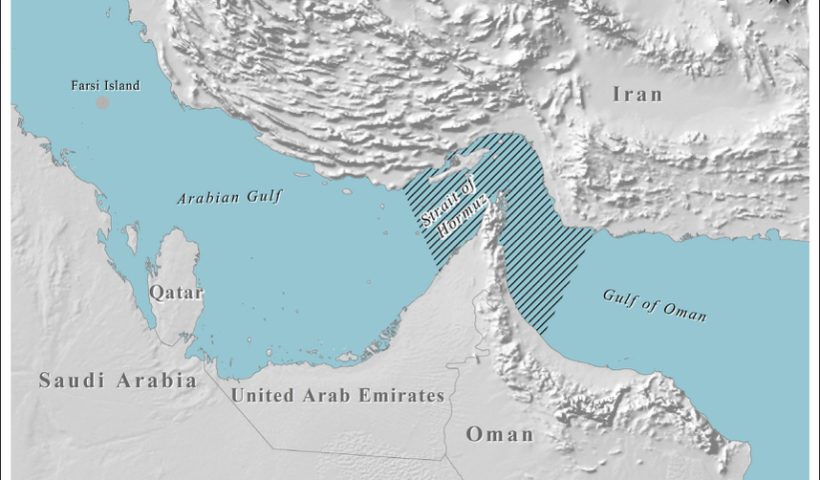In light of the importance of sea communication for all States, the LOSC places certain obligations upon the coastal State to ensure the interests of navigation in its territorial sea.
First, under Article 24(1) of the LOSC, the coastal State is obliged not to hamper the innocent passage of foreign ships and not to discriminate in form or in fact against the ships of any State or against ships carrying cargoes to, from or on behalf of any State.
Second, the coastal State is under the obligation to give appropriate publicity to any danger to navigation under Article 24(2). This obligation follows from the dictum in the Corfu Channel judgment.
Third, no charge may be levied upon foreign ships by reason only of their passage through the territorial sea pursuant to Article 26.. The Obligations of the Coastal State Concerning Innocent Passage (treaties and customary international law), Article 24(1) of the LOSC, coastal State, Corfu Channel judgment, Innocent Passage
Tag: Can innocent passage be suspended?
what is “The Right of Innocent Passage” in law of the sea and customary international law
The right of innocent passage through the territorial sea is based on the freedom of navigation as an essential means to accomplish freedom of trade. In his book published in 1758, Emer de Vattel had already accepted the existence of such a right. Subsequently, in the Twee Gebroeders case of 1801, Lord Stowell ruled that: ‘[T]he act of inoffensively passing over such portions of water, without any violence committed there, is not considered as any violation of territory belonging to a neutral state – permission is not usually required.’ It may be considered that the right of innocent passage became established in the middle of the nineteenth century. In this regard, the Report Adopted by the Committee on 10 April 1930 at the Hague Conference for the Codification of International Law clearly stated:
This sovereignty [over the territorial sea] is, however, limited by conditions established by international law; indeed, it is precisely because the freedom of navigation is of such great importance to all States that the right of innocent passage through the territorial sea has been generally recognised. what is “The Right of Innocent Passage” in law of the sea and customary international law, 1972 Convention on the International Regulations for Preventing Collisions at Sea, Article 17 of the LOSC, Article 19(2) of the LOSC, coastal State, coastal States, fishing activities, Innocent Passage, landing or taking on board of any aircraft, Lord Stowell, serious pollution, spying, territorial sea, The Right of Innocent Passage, Twee Gebroeders case, underwater vehicles


